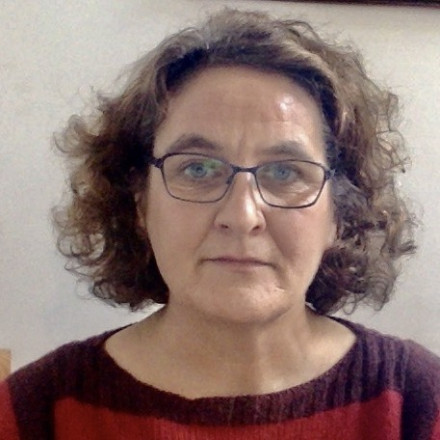Practising Paradise in the meantime - between despair and hope
THE REVELATION of John has attracted readers particularly for its uncanny predictions of devastation and ruin, of sheer catastrophe. The alterity and strangeness of this imagery, as it shapes visions of the present and the future, is not easily domesticated. It is also popularised in being borrowed by ‘end-is-nigh-fi’.1 Science fiction, far from being escapist or irrelevant, takes us into realms of imagination where no one has gone before: estrangement through new technologies; the nature and limits of being human; and the possibilities in proposed worlds—sometimes simultaneously utopian and dystopian.
THE REVELATION of John has attracted readers particularly for its uncanny predictions of devastation and ruin, of sheer catastrophe. The alterity and strangeness of this imagery, as it shapes visions of the present and the future, is not easily domesticated. It is also popularised in being borrowed by ‘end-is-nigh-fi’.1 Science fiction, far from being escapist or irrelevant, takes us into realms of imagination where no one has gone before: estrangement through new technologies; the nature and limits of being human; and the possibilities in proposed worlds—sometimes simultaneously utopian and dystopian.
A ‘fascination with downfall’2 is often predicated on an underlying feeling that the continuation of the present, as we find it, leads inevitably to the future most feared; social injustice, the collapse of ecosystems and societies, run-away climate change, war, hunger, impersonal mechanised violence, nuclear devastation, even the distant prospect of the heat death of the whole universe. The cultural suspicion is that we can only despair because all utopias are mere escapism. We would truly need ‘a lost innocence’ to hope for the future, or to read John’s final vision as a radiant epiphany of beauty, wisdom and hospitality3.
* Full article available in printed copies.

Cathriona Russell
is a professor in the TCD School of Religion and a former horticulturalist, with an interest in environmental ethics and cosmology.